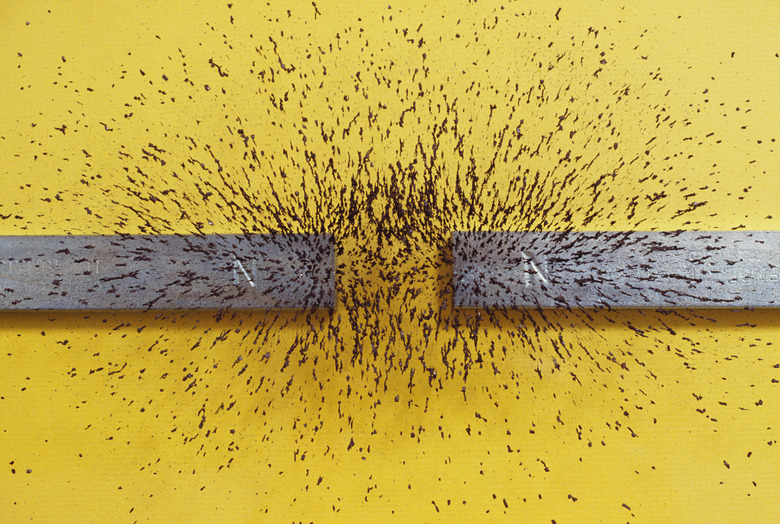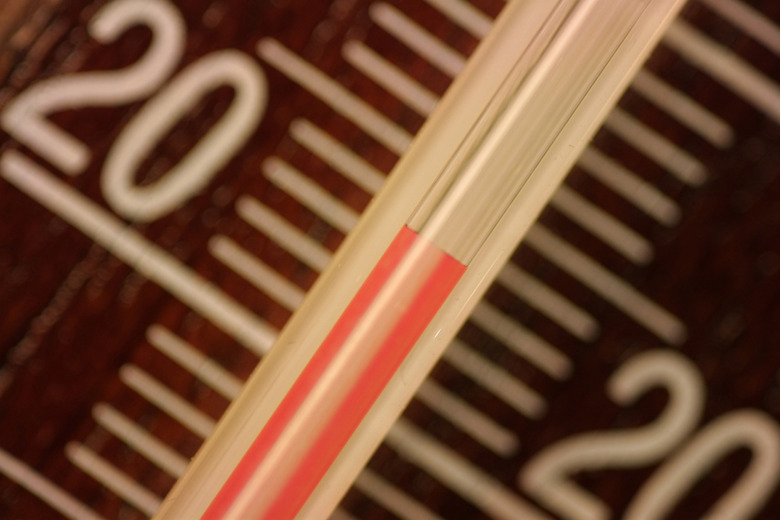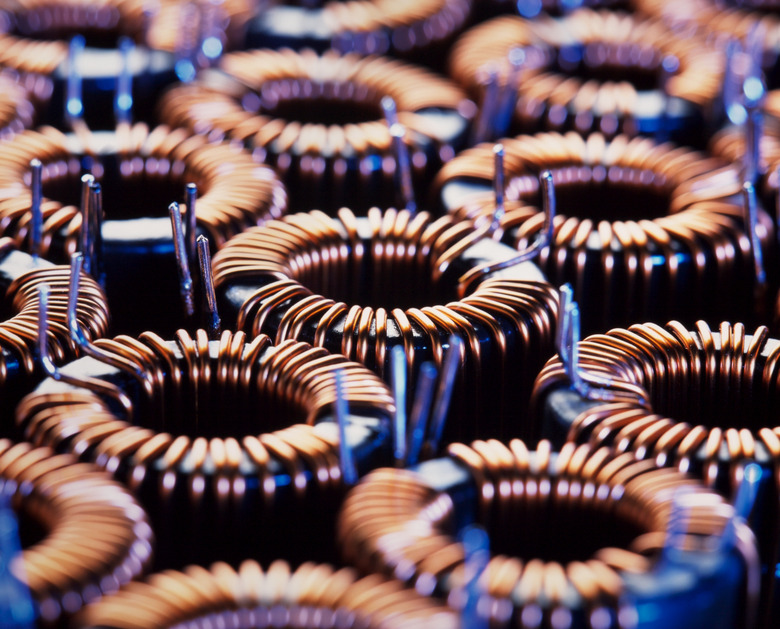How Does A Magnet Lose Its Magnetism?
What Makes a Magnet Magnetic?
What Makes a Magnet Magnetic?
Most magnets today are made from alloys. Some of the most common alloys are aluminum-nickel-cobalt, neodymium-iron-boron, samarium-cobalt and strontium-iron. In order to magnetize the alloy, the alloy is exposed to a magnetic field, which actually alters structure by realigning the the molecules into lines through a process known as polarization.
Heat
Heat
For each material of magnet, there is a Curie temperature, or temperature at which the heat will destroy the polarization of the material, causing it to loses its magnetic properties. These former magnets can be re-magnetized in the same way the alloys are magnetized for the first time. Temperatures lower than the Curie temperature can weaken a magnet, but the magnetism will usually return to full strength when it is returned to normal temperatures.
Stronger Magnetic Fields
Stronger Magnetic Fields
The higher a magnet's coercivity, the more likely it will retain its magnetic characteristic even when stuck in a magnetic field of opposite polarity. Some magnetic materials, such as ceramic, have low coercivities, so they can have their magnetic qualities removed more easily. With stronger magnets, opposite magnets are sometimes applied to decrease their magnetic power so they're not too strong to be used.
Time
Time
Time is a very ineffective means of demagnetizing a magnetic object. Magnets only lose their magnetic powers very slowly. For example, samarium cobalt magnets might decrease their magnetic strength about 1 percent over a decade.
Electromagnets
Electromagnets
Another type of magnet is an electromagnet. The material becomes magnetic when a electrical current is passed through it. However, the material will no longer be magnetic when the electricity stops.
References
Cite This Article
MLA
Kennan, Mark. "How Does A Magnet Lose Its Magnetism?" sciencing.com, https://www.sciencing.com/magnet-lose-its-magnetism-5166377/. 24 April 2017.
APA
Kennan, Mark. (2017, April 24). How Does A Magnet Lose Its Magnetism?. sciencing.com. Retrieved from https://www.sciencing.com/magnet-lose-its-magnetism-5166377/
Chicago
Kennan, Mark. How Does A Magnet Lose Its Magnetism? last modified March 24, 2022. https://www.sciencing.com/magnet-lose-its-magnetism-5166377/





